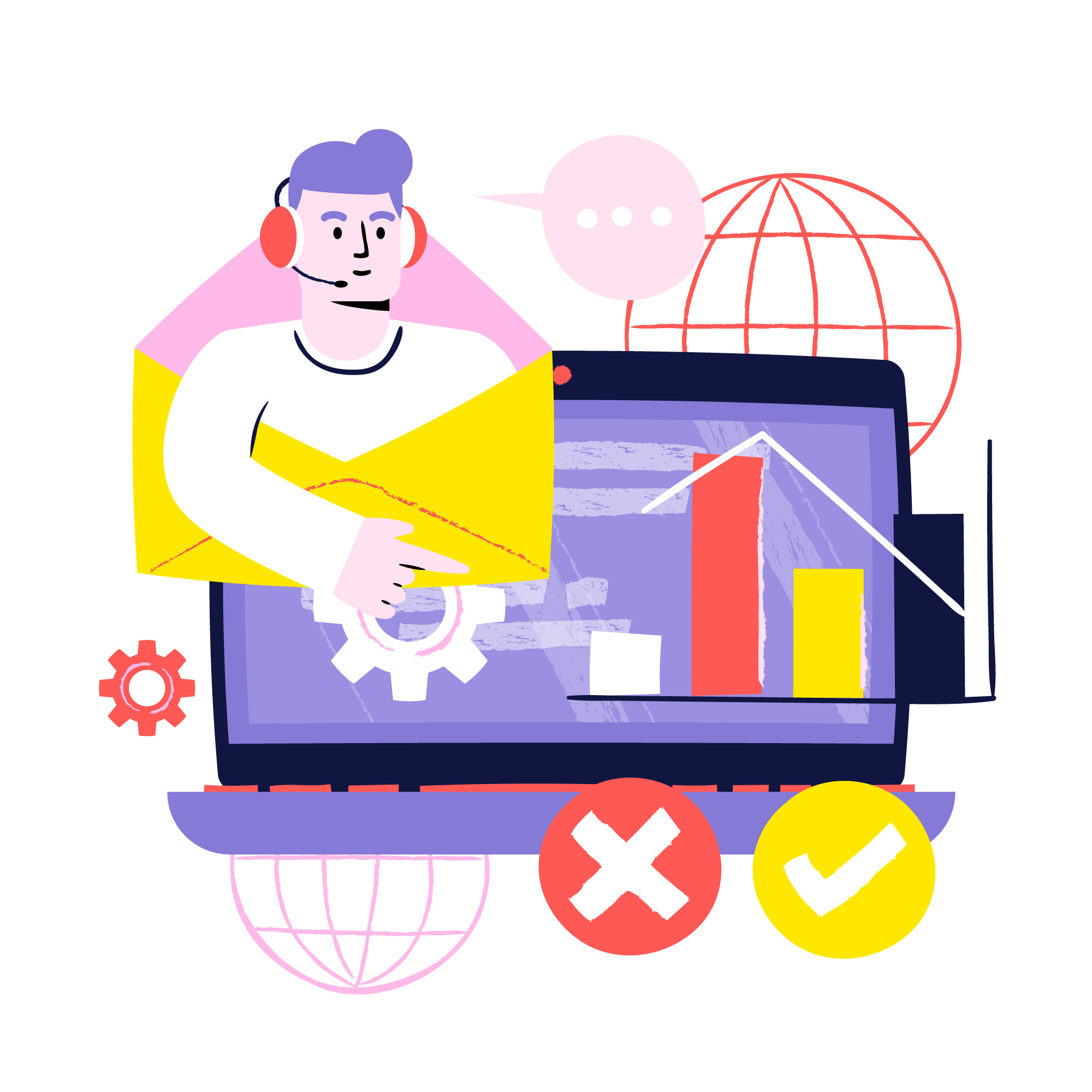In today’s busy business environment, organizations are constantly seeking ways to streamline their operations and improve efficiency. One area that often presents significant challenges is human resource management. The complexities of handling employee data, payroll, compliance, and benefits administration can lead to errors that are both costly and time-consuming. This is where a Human Resource Management System (HRMS) can make a substantial difference.
- Reducing Human Error
One of the primary benefits of an HRMS is its ability to minimize human error. Manual processes are prone to mistakes—whether it’s data entry errors, miscalculations, or misplaced documentation. An HRMS automates these tasks, ensuring accuracy and consistency across all HR functions. For example, when onboarding a new employee, an HRMS can automatically populate necessary forms and ensure all required information is captured correctly. This not only reduces the risk of errors but also saves time and resources.
- Enhancing Data Accuracy
Data accuracy is crucial for effective decision-making. An HRMS centralizes all employee information in a single, secure database, providing a reliable source of truth. This ensures that HR professionals and managers have access to up-to-date and accurate data at all times. Whether it’s tracking employee performance, managing benefits, or conducting payroll, the precision provided by an HRMS is invaluable. Additionally, the system can generate detailed reports and analytics, offering insights that help drive strategic decisions.
- Streamlining HR Processes
An HRMS simplifies and standardizes HR processes, making them more efficient and less error-prone. From recruitment and onboarding to performance management and offboarding, an HRMS provides a structured workflow that ensures all steps are followed correctly. This not only improves compliance with legal and regulatory requirements but also enhances the overall employee experience. Automated reminders and notifications help keep everyone on track, reducing the likelihood of missed deadlines and overlooked tasks.
- Improving Resource Allocation
By automating routine tasks and reducing the administrative burden, an HRMS allows HR professionals to focus on more strategic initiatives. This can lead to better resource allocation and increased productivity. For instance, instead of spending hours on manual data entry, HR staff can invest time in employee development programs, talent management, and other activities that add value to the organization. The efficiencies gained through an HRMS can lead to significant cost savings and improved organizational performance.
- Empowering Decision-Making
With accurate and comprehensive data at their fingertips, managers can make better-informed decisions. An HRMS provides real-time visibility into key HR metrics, such as employee turnover, absenteeism, and performance trends. This enables managers to identify issues early, address them proactively, and implement strategies that enhance employee engagement and retention. Furthermore, the predictive analytics capabilities of an HRMS can help forecast future workforce needs, allowing for more effective planning and budgeting.
Overall, HRMS can greatly minimize human error and create efficiencies within the HR department and beyond. It allows staff to make better decisions, increase productivity, and improve resource allocation. Are you ready to add HRMS to your organization and reap the competitive advantages? Contact us today at info@peopleworks.com for a free demo.
By implementing a robust HRMS software, your organization can not only reduce errors and enhance accuracy but also unlock the full potential of your HR department, driving business success in the long run.
